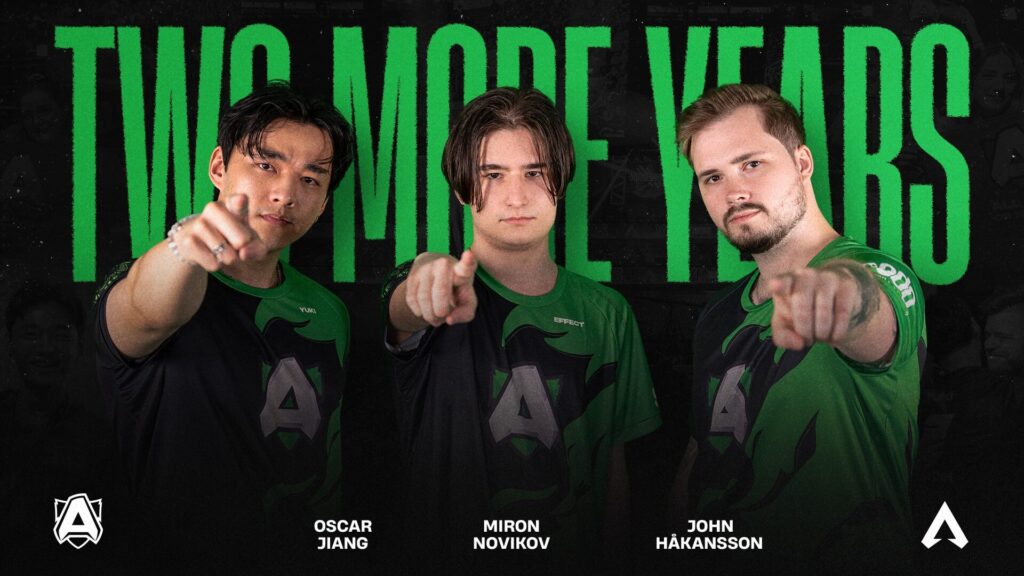Reading the Future of the Arena: Why Apex Legends Match Predictions Reflect More Than Luck
October 7, 2025

Apex Legends Match Predictions : In the world of Apex Legends esports, prediction has become its own form of competition. Fans don’t just watch matches—they interpret trends, debate outcomes, and forecast who will outlast the chaos of the final ring. Apex Legends match predictions have evolved from casual Reddit discussions into an analytical subculture powered by data, insight, and experience. Whether it’s forecasting Team Falcons’ momentum or wondering if TSM’s return to form will shake up the leaderboard, prediction-making reflects how deeply the community has come to understand the game’s rhythm. It’s not gambling—it’s educated anticipation, a reflection of how strategy, psychology, and performance intersect on the digital battlefield.
Quick Look
How the ALGS Structure Shapes Every Forecast

To understand predictions, one must first grasp the architecture of the Apex Legends Global Series (ALGS). Each season follows a layered structure—Open tournaments feeding into the Pro League, then culminating in global LAN events. Within that system, Split 1, Split 2, and Playoffs serve as the key battlegrounds where analysts can detect trends. For instance, Split 1 often reveals which rosters adapt fastest to meta shifts, while Playoffs test consistency under pressure.
Formats like the Match Point System make Apex especially unpredictable; even a team leading the standings can lose the championship if another squad hits the match point threshold first. During the Midseason Playoffs 2025, VK Gaming demonstrated how late-game mastery and composure can overturn statistical odds, clinching the title despite not topping early leaderboards. This fluidity forces forecasters to consider not just data—but adaptability and mindset.
The Analytical Heart – Apex Legends Match Predictions

The true art of Apex predictions lies in interpreting statistics as more than numbers. Analysts study patterns like kill-to-placement ratios, team synergy, and zone control tendencies to identify consistent winners. For instance, Alliance thrives on methodical rotations and map control, while 100 Thieves often relies on aggressive edge play that yields high kill totals.
Platforms like EGamersWorld and Sportsgambler provide odds based on performance metrics such as:
- Average team placement and damage output
- Legend composition efficiency (e.g., Seer bans or Wattson defensive setups)
- Consistency across multiple maps
But numbers alone can’t tell the whole story. A team’s momentum, mental resilience, or even emotional chemistry can tilt predictions. Analysts often reference emotional moments—like ImperialHal’s clutch zone calls or Hakis’ composure in endgames—to remind fans that human instinct still beats algorithms in the Apex arena.
The Zone Factor – Apex Legends Match Predictions

If there’s one variable that keeps analysts humble, it’s the zone. Predicting where the final ring will pull is both a science and an art—echoed by community challenges like “So You Think You Can Predict the Zone?” that parody the IGL experience. Professional IGLs like RKN and ImperialHal spend hours studying zone exclusion maps from creators like Shrugtal, applying methods such as the Vector Technique to narrow down final ring locations.
Yet even with meticulous preparation, Apex remains delightfully unpredictable. A sudden zone pull toward a low-ground choke or an off-rotation area can dismantle even the most rehearsed strategies. For fans and forecasters alike, these ring shifts make every prediction thrillingly uncertain—proof that Apex isn’t just about skill, but adaptability under shifting circumstances.
The Human Element

What separates a fan’s prediction from a computer’s model is emotion—and esports thrive on it. Predictions in Apex aren’t purely logical; they carry the biases of fandom, the instincts of former players, and the psychology of reading momentum. For example, after Team Falcons’ dominant ALGS Open run, many predicted an easy Playoffs repeat—only to see VK Gaming rewrite the script. Similarly, when Alliance stumbled mid-season, experienced analysts saw it as a reset rather than decline, understanding the cyclical nature of high-level performance.
Even pro analysts often say that “gut calls” matter. A team’s pre-match demeanor, their communication energy, or how they handle early eliminations can influence outcomes just as much as stats. In a game where a single clutch or bad rotation can alter everything, predictions become a reflection of human complexity rather than mere math.
Conclusion – The Balance Between Data and Instinct
At its core, Apex Legends match predictions are less about certainty and more about understanding chaos. They’re the product of combining raw data with emotional insight—where every ring, every drop, and every fight holds the potential to rewrite expectations. Predicting an Apex tournament is like reading a living, breathing puzzle, one that never plays out the same way twice.
As the ALGS scene grows, so will the sophistication of its predictions—AI-assisted forecasts, real-time analytics, and fan-driven models are just the beginning. Yet the heart of prediction will always remain human: the thrill of guessing right, the humility of being wrong, and the shared excitement that connects fans, analysts, and players in the evolving story of Apex Legends esports.

